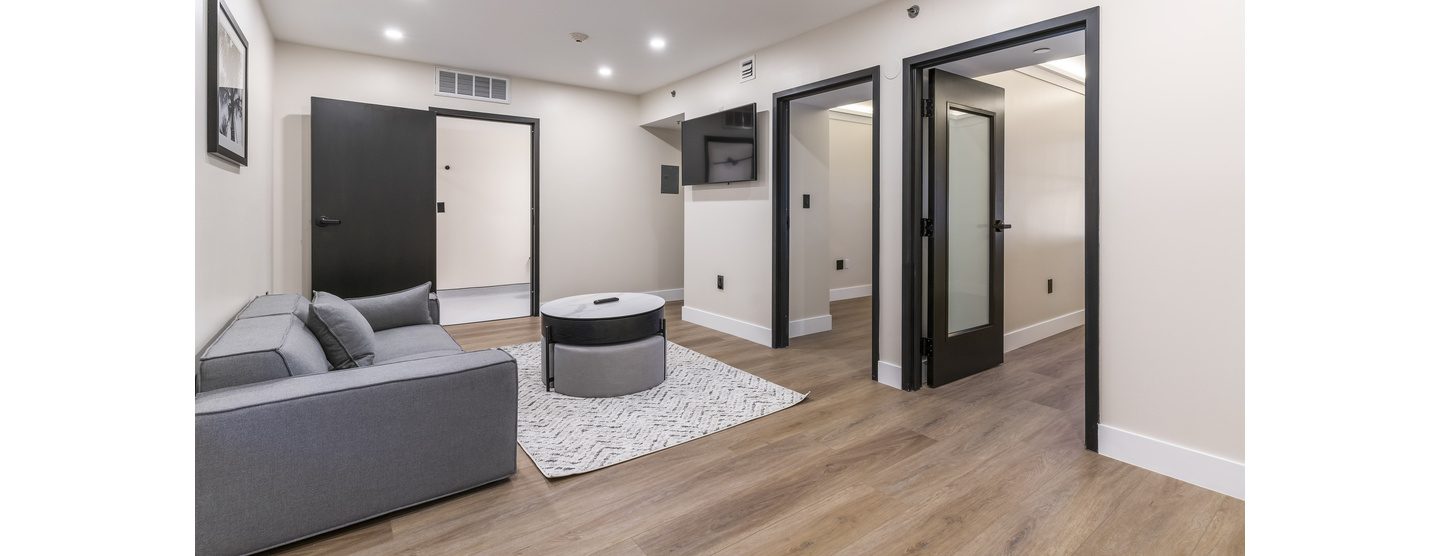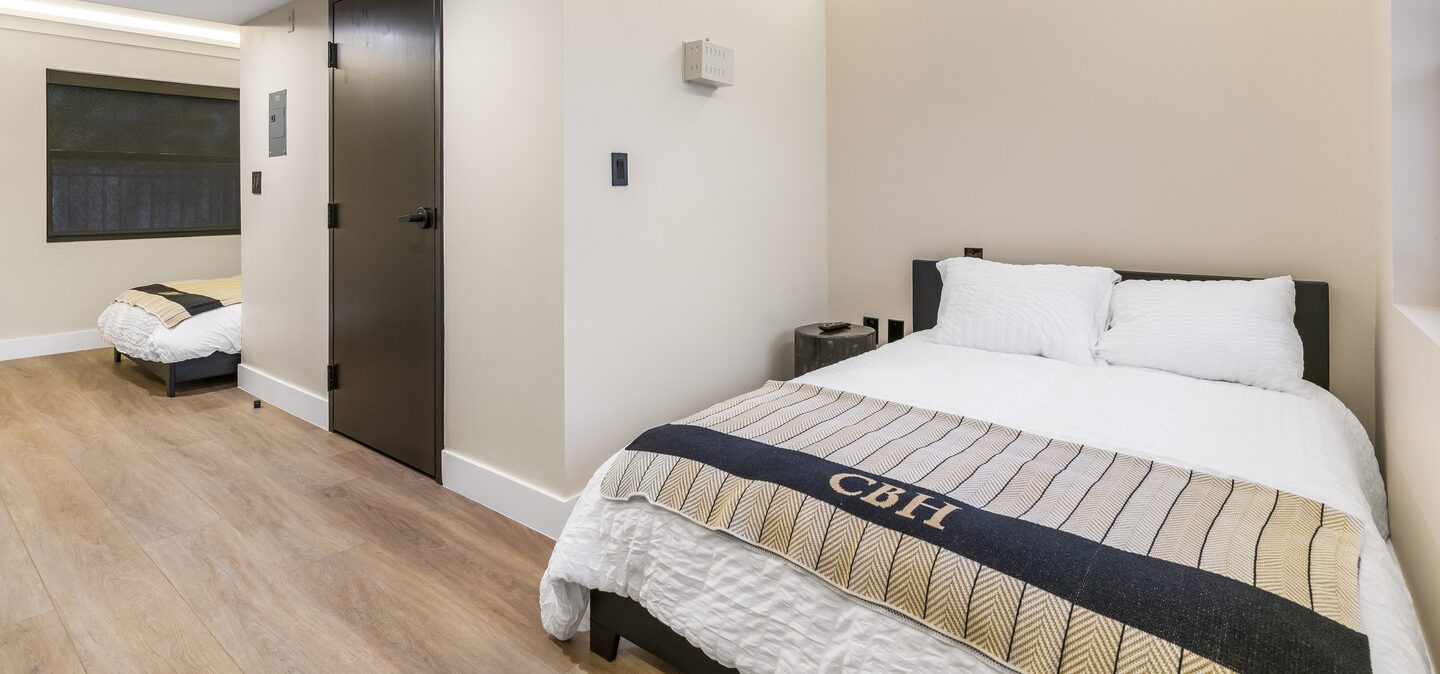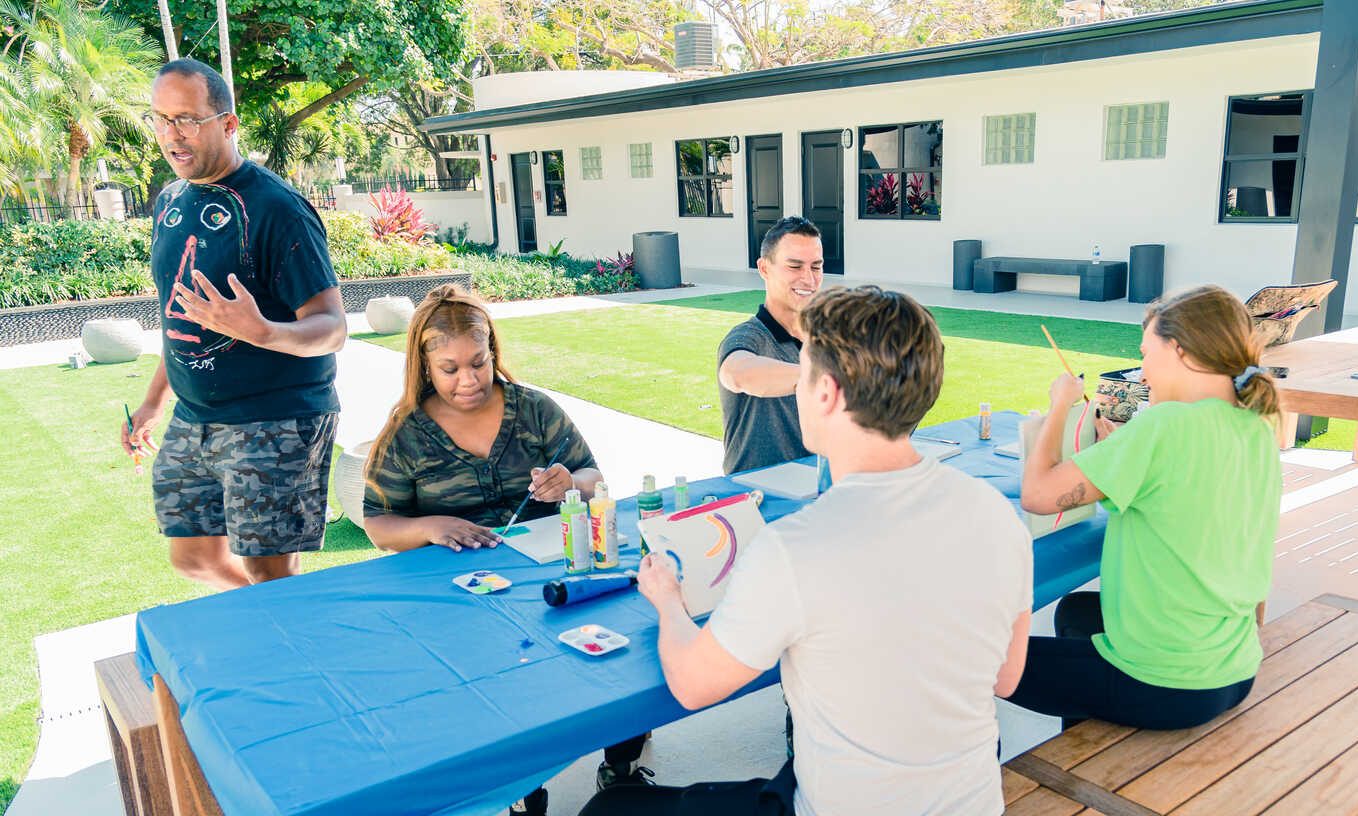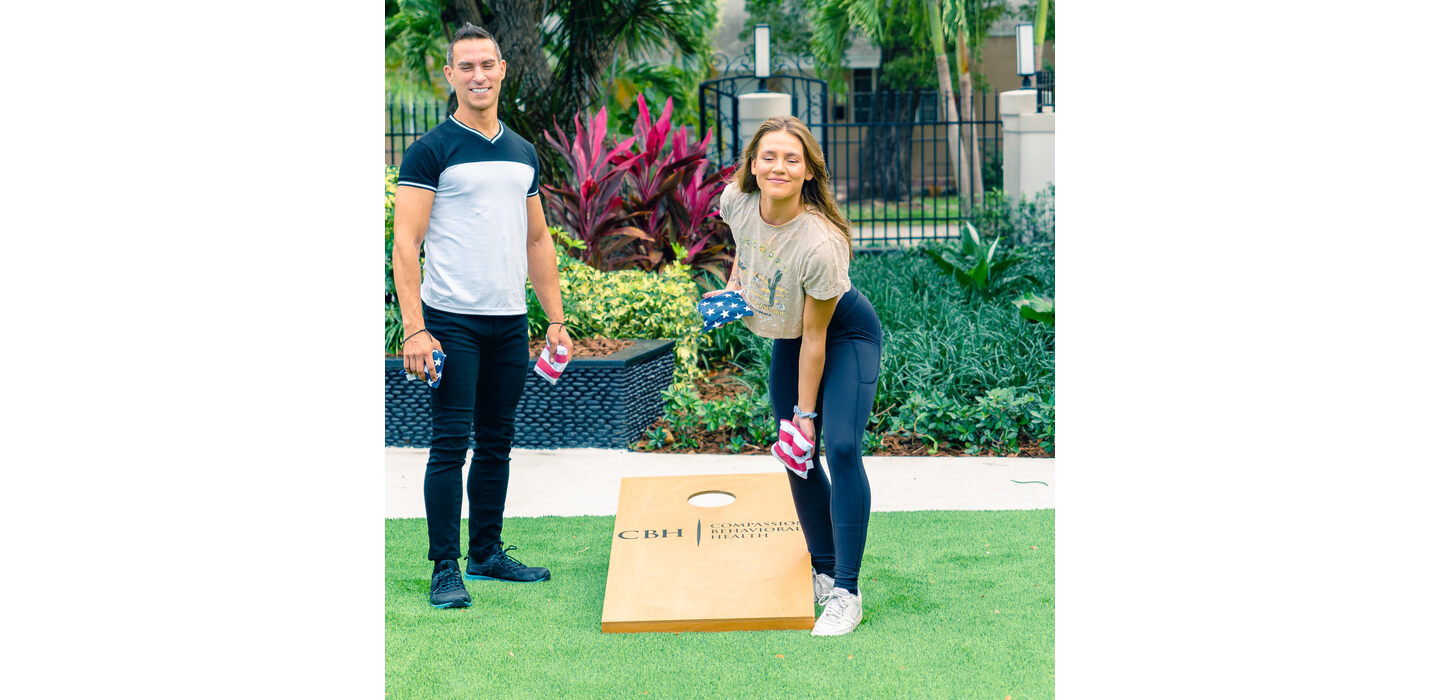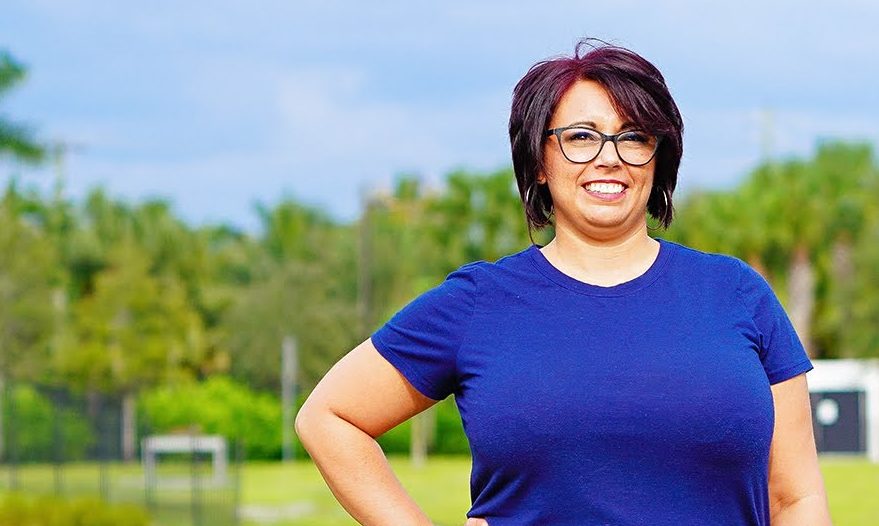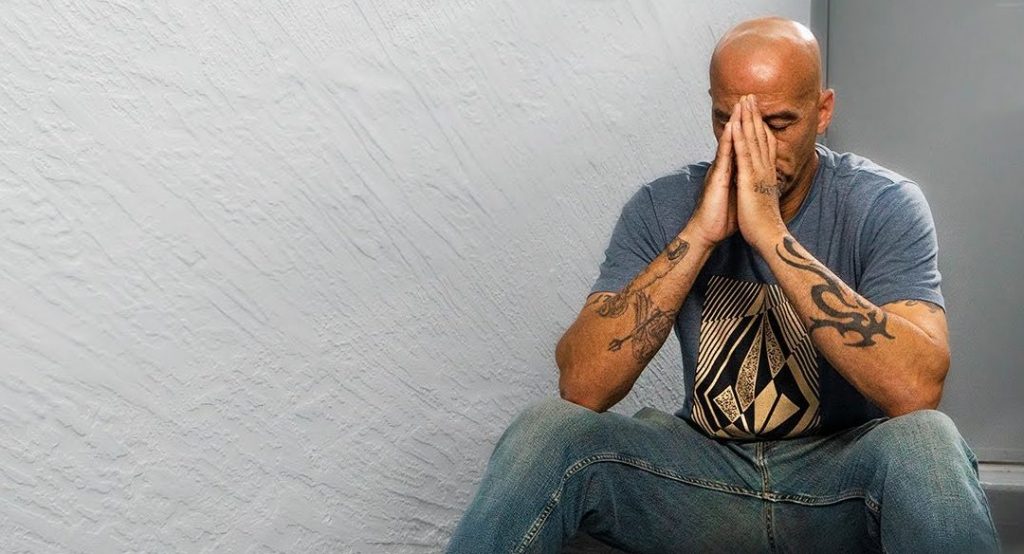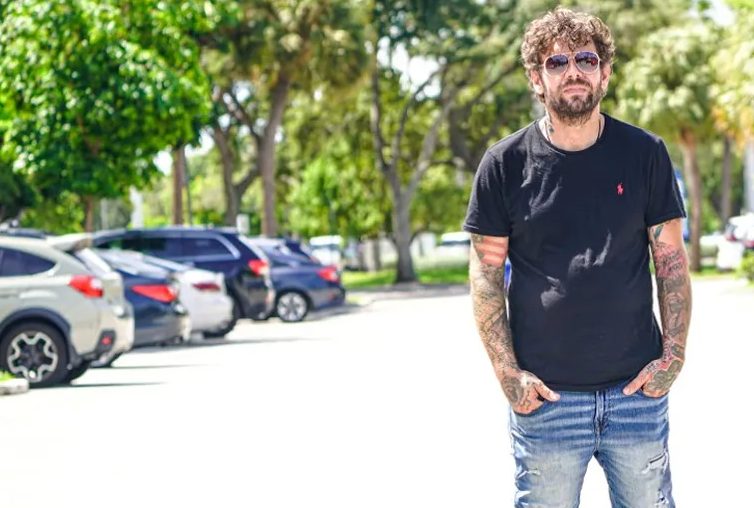When depression refuses to budge despite trying multiple medications and therapies, it’s frustrating and exhausting. Treatment-resistant depression (TRD) affects thousands of people in Florida alone, leaving many feeling stuck and hopeless. But the story doesn’t have to end there. There are specialized treatments and approaches that can make a real difference, even when standard options fall short.
Understanding Treatment-Resistant Depression
Depression is complex, and not everyone responds the same way to treatment. Treatment-resistant depression is typically defined as a major depressive disorder that doesn’t improve after at least two different antidepressant treatments at adequate doses and durations. This doesn’t mean the depression is untreatable—just that it requires a different approach. Understanding the nuances of TRD can help both patients and healthcare providers navigate the challenging landscape of mental health treatment.
People with TRD often experience more severe symptoms, longer episodes, and a higher risk of complications like anxiety, substance abuse, or suicidal thoughts. Because of this, finding effective treatment is urgent and critical. The emotional toll of TRD can be profound, leading to feelings of hopelessness and frustration, not only for those suffering but also for their loved ones who may feel helpless in supporting them. The stigma surrounding mental health issues can further complicate the situation, making it essential to foster open conversations and seek professional help without delay.
Why Standard Treatments Sometimes Fail
Antidepressants like SSRIs or SNRIs, along with psychotherapy, work well for many, but not all. Several factors can contribute to resistance:
- Biological differences: Brain chemistry varies widely among individuals, affecting how medications work. Genetic variations can influence drug metabolism, making some individuals less responsive to standard treatments.
- Incorrect diagnosis: Sometimes depression is part of a larger or different condition, such as bipolar disorder or PTSD. Misdiagnosis can lead to inappropriate treatment plans that fail to address the underlying issues.
- Co-occurring conditions: Chronic illnesses, substance use, or other mental health disorders can interfere with treatment. For instance, individuals with both depression and anxiety may find that their symptoms exacerbate each other, complicating the treatment process.
- Medication adherence: Side effects or other barriers might prevent consistent use of prescribed treatments. Patients may discontinue medications due to unpleasant side effects, leading to a cycle of trial and error that can be disheartening.
Recognizing these factors is the first step toward finding a tailored and effective treatment plan. In recent years, there has been a growing interest in alternative therapies for TRD, such as ketamine infusions and transcranial magnetic stimulation (TMS). These innovative approaches offer hope for individuals who have not found relief through traditional methods. Additionally, lifestyle changes, including exercise, nutrition, and mindfulness practices, can play a significant role in managing symptoms and improving overall well-being. The journey to finding the right treatment is often multifaceted, requiring patience and collaboration between patients and healthcare providers.
Advanced Treatment Options Available in Florida
Florida offers a variety of specialized treatments for those struggling with TRD. Many clinics and hospitals across the state have embraced innovative therapies that go beyond traditional antidepressants and talk therapy.
Ketamine and Esketamine Therapy
Ketamine, originally used as an anesthetic, has gained attention for its rapid antidepressant effects. Esketamine, a derivative administered as a nasal spray, is FDA-approved specifically for treatment-resistant depression.
These treatments work differently from standard antidepressants by targeting glutamate receptors in the brain, which can help reset neural pathways involved in mood regulation. Patients often notice improvement within hours or days, a stark contrast to the weeks or months typical of traditional medications.
In Florida, several specialized centers offer ketamine infusions or esketamine nasal spray under medical supervision. These treatments are typically combined with ongoing therapy and monitoring to ensure safety and effectiveness. Additionally, many clinics are now incorporating holistic approaches, such as mindfulness and yoga, to complement the pharmacological effects of these therapies, creating a more comprehensive treatment plan tailored to individual needs.
Transcranial Magnetic Stimulation (TMS)
TMS is a non-invasive procedure that uses magnetic fields to stimulate nerve cells in the brain, particularly in areas linked to mood regulation. It’s FDA-approved for depression, including treatment-resistant cases.
The treatment involves daily sessions over several weeks, each lasting about 30-40 minutes. Patients remain awake and alert during the procedure, which usually has minimal side effects. Some clinics in Florida even offer personalized TMS protocols, adjusting the frequency and intensity of the magnetic pulses based on the patient’s specific symptoms and responses, thereby enhancing the overall efficacy of the treatment.
Many Florida clinics provide TMS therapy, and it’s often covered by insurance for eligible patients. TMS has shown promising results, especially for those who haven’t responded well to medications. Furthermore, ongoing research is exploring the potential of TMS for other mental health conditions, such as anxiety and PTSD, which could broaden its application and benefit even more individuals seeking relief.
Personalized Care: The Key to Managing TRD
Treatment-resistant depression isn’t a one-size-fits-all condition. What works for one person might not work for another. That’s why personalized care is essential.
Comprehensive Assessments
Before starting advanced treatments, thorough evaluations are crucial. This includes detailed psychiatric assessments, medical history reviews, and sometimes genetic testing. Understanding each patient’s unique profile helps clinicians choose the most promising treatment options.
Moreover, these assessments can also delve into the patient’s lifestyle, stressors, and social circumstances, which can all contribute to the complexity of TRD. For instance, some patients may have co-occurring conditions like anxiety or substance use disorders, which can complicate treatment. By taking a holistic view, healthcare providers can tailor interventions that address not only the symptoms of depression but also the underlying factors that may be perpetuating the condition.
Combining Therapies
Often, the best outcomes come from combining different approaches. For example, esketamine therapy might be paired with cognitive-behavioral therapy (CBT) to reinforce new coping skills. Similarly, TMS can be integrated with medication adjustments and psychotherapy.
Florida’s mental health providers frequently emphasize this holistic approach, recognizing that addressing both biological and psychological aspects improves chances of recovery. Additionally, the integration of mindfulness practices, such as meditation and yoga, has shown promise in enhancing emotional regulation and resilience. These complementary therapies can empower patients, equipping them with tools to manage their symptoms more effectively and fostering a sense of agency in their recovery journey.
Support Systems and Lifestyle Changes
Recovery from TRD also involves support outside the clinic. Family involvement, peer support groups, and lifestyle modifications like regular exercise, healthy diet, and sleep hygiene play significant roles.
Florida offers numerous community resources, including mental health organizations and wellness programs, that can help patients build a strong support network. Engaging in local support groups not only provides emotional backing but also creates a sense of belonging, which is vital for those feeling isolated by their condition. Furthermore, educational workshops on nutrition and exercise can empower individuals to make informed choices that positively impact their mental health. By fostering a community around recovery, patients can find hope and encouragement, reinforcing their commitment to the treatment process.
Accessing Treatment-Resistant Depression Care in Florida
Finding the right care can be overwhelming, but Florida has a growing network of specialists and facilities dedicated to TRD.
Insurance and Cost Considerations
Insurance coverage varies widely for TRD treatments. While many plans cover standard antidepressants and psychotherapy, coverage for ketamine or TMS can be more complex. It’s essential for patients to stay informed about their specific insurance policies and any changes that may occur, as mental health coverage is an evolving landscape.
Patients should work closely with providers and insurance companies to understand benefits and out-of-pocket costs. Some clinics offer financial counseling or payment plans to ease the burden. Furthermore, there are non-profit organizations and advocacy groups in Florida that can assist patients in navigating the insurance maze and may provide resources for those who are uninsured or underinsured, ensuring that financial barriers do not prevent access to necessary care.
Hope Beyond Resistance
Living with treatment-resistant depression is undeniably tough, but new options and dedicated care teams in Florida are changing the outlook. The key is persistence—continuing to seek help, exploring different treatments, and building a support system. Many individuals facing this challenge often feel isolated, but understanding that they are not alone can be a powerful motivator. Support groups and community resources can provide a sense of belonging and shared experience, helping to alleviate feelings of loneliness and despair.
With advancements like ketamine therapy, TMS, and personalized care plans, many people find relief and regain control over their lives. These innovative treatments are not just about alleviating symptoms; they aim to address the underlying issues that contribute to depression. For instance, ketamine therapy has shown promise in rapidly reducing suicidal thoughts and improving mood in patients who have not responded to traditional antidepressants. If you or a loved one is struggling, reaching out to a specialist experienced in TRD can be the first step toward a brighter future. Moreover, integrating lifestyle changes such as regular exercise, mindfulness practices, and nutritional adjustments can complement medical treatments, fostering overall well-being and resilience in the face of adversity.
If you’re feeling overwhelmed by treatment-resistant depression and seeking compassionate, specialized care in Florida, Compassion Behavioral Health is here to support you. Our facility provides a comprehensive range of treatments, including esketamin, TMS, CBT, DBT, and EMDR, tailored to your unique needs. We understand the complexities of mental health and addiction, and our dedicated team is committed to helping you find hope and healing. Don’t let depression define your life. Contact Us today to start your journey toward recovery.




